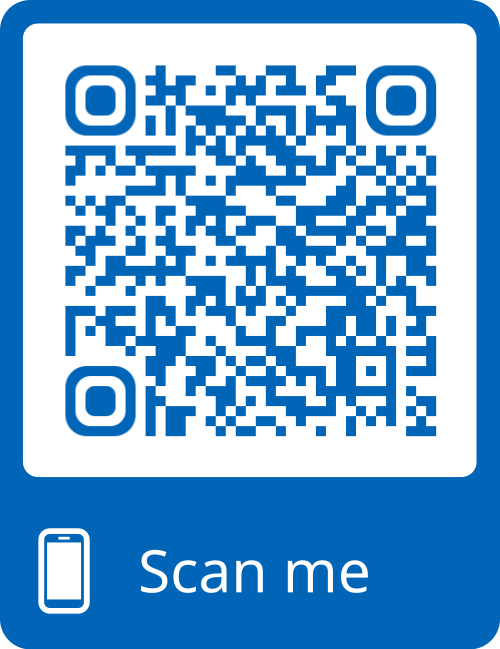- Reference Number: HEY1105/2020
- Departments: Emergency Department, Paediatrics
- Last Updated: 30 April 2020
Introduction
This leaflet has been produced to give you general information about your child’s condition. Most of your questions should be answered by this leaflet. It is not intended to replace the discussion between you and the healthcare team caring for your child, but may act as a starting point for discussion. If after reading it you have any concerns or require further explanation, please discuss this with a member of the healthcare team caring for your child.
Chest Pain in Children
In most children and teenagers who are normally healthy, chest pain is not caused by a heart problem. Mostly it involves the ‘chest wall’, which is made up of the structures which surround the heart and lungs, including the ribs and breast bone.
Sometimes we do not know exactly what causes chest pain. Often it is associated with coughing and straining of the muscles surrounding the rib cage. Certain viral illnesses can cause inflammation of the joint between the ribs and the breast bone, which can lead to pain. This is called costochondritis.
Common causes of chest pain in children
Costochondritis:
Pain over the front of the chest. It can worsen with a deep breath, coughing or if someone presses on the affected area.
What can I do?
- A trial of ibuprofen can reduce the inflammation and pain
Precordial catch syndrome:
Sharp pains in a small area of the chest when breathing in. Due to irritation of the nerves in between the ribs, this normally gets better by itself within a few minutes.
What can I do?
- Most of the time no treatment is needed
- If it happens again take some slow deep breaths before the pain eases
Acid reflux:
The burning feeling in your chest caused by stomach acid travelling upwards towards the throat. Often there is no obvious reason why this happens, but can sometimes be triggered by a virus irritating the stomach lining.
What can I do?
- Eat smaller and more frequent meals
- Stay upright for 30 minutes after eating
- Avoid things which worsen the pain: these may include fizzy drinks, acidic, spicy or high fat foods
- Avoid ibuprofen because this can irritate the stomach lining further
- Contact your doctor if symptoms persist
Stress and anxiety:
Chest pain or tightness triggered when feeling stressed or worried. Often this can be related to a significant event in a child’s life, or sometimes there is no obvious cause.
What can I do?
- Try to find ways to distract yourself from the discomfort
- Speak to someone you trust about your worries
- Visit your doctor if concerns about your symptoms persist
What can I do to help my child?
Try to reassure your child or teenager that after review by the doctor we are reassured that this is a non-concerning chest pain. Follow the advice you are given for the specific cause of your child’s chest pain. See above for details.
Contact your doctor if:
- You are worried about your child
- Symptoms have changed since being reviewed in the Emergency Department and you are concerned
Call 999 if:
- Your child is having a lot of difficulty breathing and is pale or sweaty
- Symptoms have changed since attending the Emergency Department and your child is very unwell
Should you require further advice on the issues contained in this leaflet, please call NHS 111

